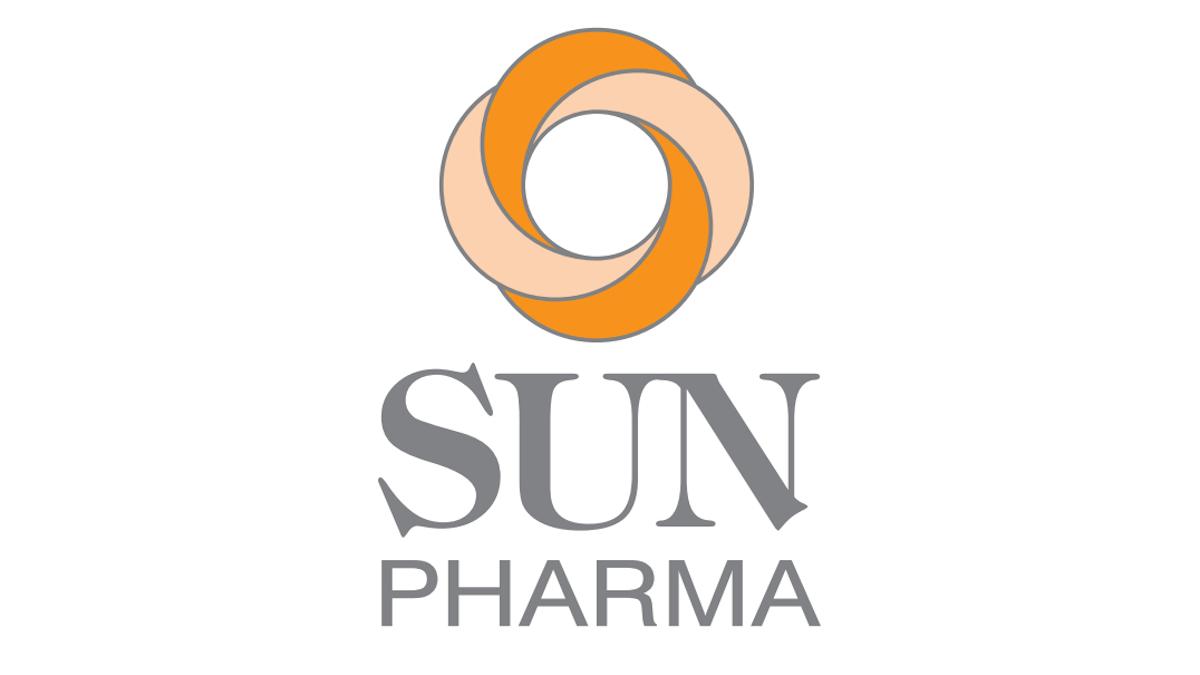Why the NHS needs to maximise the impact of biosimilars

Ensuring the long-term sustainability of the NHS increasingly appears to be an unfathomable prospect. The rise of chronic diseases, such as diabetes, cancer, and autoimmune conditions, continues to challenge healthcare systems across Europe, exacerbating budgetary pressures and making it difficult to consistently provide the best outcomes for patients.
In England alone, more than 15 million people – a quarter of the population – suffer from a long term health condition, with care for these patients accounting for about 70% of the money spent on health and social care. Not only do chronic diseases have a devastating impact on the quality of patients and their families’ lives, but they also negatively affect productivity and hamper the economy.
The statistics for certain therapeutic areas are particularly concerning. According to recent projections, the 3 million people in the UK currently living with cancer will rise to 5.3 million by 2040. There are now over 5 million people suffering from diabetes, and autoimmune disorders currently affect about one in ten individuals. Much of this can be attributed to the UK’s ageing population, a trend also unfolding in Europe, with the proportion of the EU-27 population aged 65 or over forecast to increase by around 50% by 2100.
As the UK Government begins to shape its upcoming 10-Year Health Plan, it must consider all the tools in its armoury to counter these demographic trends and bring soaring chronic disease prevalence rates under control.
The biologics and biosimilars’ revolution
Biologics - advanced and complex medicines derived from living organisms such as insulin or monoclonal antibodies - offer more targeted treatments than traditional small molecule drugs, revolutionising our ability to manage various chronic diseases and enhance patient outcomes. However, the promise of these medicines has not been fully realised, as many patients are unable to afford or access them.
Biosimilars, approved copies of these biological medications, are high quality, similar, and less expensive medicines than the reference biologic and can play an important role in addressing this health challenge. They are developed and manufactured in accordance with stringent regulatory standards, with the UK’s Medicines and Healthcare products Regulatory Agency (MHRA) or the European Medical Agency, ensuring that they are equivalent to the reference biologic in terms of clinical efficacy, safety, and product quality. Biosimilars can be offered to patients once the reference biologic loses exclusivity or patent protection, and are an attractive, affordable treatment alternative.
Following the launch of a biosimilar, there is typically a reduction in prices overall as competition increases and the size of the market expands, improving patient access to key drugs. This contributes to the sustainability of our healthcare systems and equitable access to healthcare. Crucially, the adoption of biosimilars also allows health systems to provide essential medicines to patients at an earlier stage in their disease journey, increasing the time that patients are able to effectively manage their symptoms and improving their quality of life. In addition, the increased competition initiated by biosimilars can trigger innovation with new formulations and pre-filled devices for quicker administration and improved patient convenience.
Enabling the reallocation of resources
Biologics are currently the largest cost and cost growth area in the NHS medicines budget - a reality that is mirrored in Europe as a whole, where biologics represent 40% of the total pharmaceutical spend. The cost savings from biosimilars therefore hold huge potential and can be used to help health systems free up resources to invest in improving the overall quality of patient care.
Biosimilars and generics currently account for four in every five NHS prescription medicines and save the NHS up to £300 million each year. This, however, is only the tip of the iceberg. With 85 patents for essential biologics due to expire between now and 2028, there will be a huge opportunity for the NHS to further capitalise on cost savings from biosimilars. These savings can be used to increase access to affordable biologics and other innovative life-enhancing treatments and services.
For example, in oncology, savings from using biosimilars allows for the reallocation of resources to other critical areas of cancer care, such as diagnostics and other supportive treatments. Savings can also be channelled into improving access to advanced diagnostic tools and technologies for those with auto-immune diseases, since early and accurate diagnosis is crucial for effective management of autoimmune conditions. For diabetes patients, cost savings can be redirected to other areas of diabetes care, such as education, prevention programmes, and advanced treatments.
Building supply chain resilience
The complexity of a typical biologic’s supply chain, coupled with the fact that biologics are usually produced by just one company for several years while the product is protected by a patent, often leaves the industry’s supply chains vulnerable to shortages.
When the patent ends, biosimilars play a vital role in bringing additional manufacturers into the market, reducing reliance on a single source for essential biologic medicines. This diversification helps mitigate the risk of supply disruptions due to manufacturing issues, regulatory actions, or other unforeseen events affecting a single supplier. Whether it is pandemics, reduced water levels that affect ship crossings, or the consequences of geopolitical tensions, there are many external factors that can severely impact the supply of medicine.
The availability of cost-effective biosimilars can improve patient and system access to essential biologic medicines. Furthermore, the presence of multiple biosimilar manufacturers fosters competition, which can lead to more robust and flexible supply chains, with manufacturers incentivised to optimise their logistics and distribution strategies.
The power of collective action
With the expiry of multiple biologic patents fast approaching, there is a huge opportunity for the NHS to make further cost-savings and increase patient access to a multitude of essential medicines. Strong co-operation across the whole biosimilars ecosystem is vital to ensure that the UK fulfils its potential in this space.
Patients and health practitioners need to be assured that biosimilars are just as safe and effective as their reference biologics and that, rather than simply being a cost-saving exercise, biosimilars adoption plays a vital role in unlocking NHS resources for other critical areas. The Government, patient advocacy groups, and pharma manufacturers all have a part to play in addressing this communication challenge, whether it is through investment in integrated educational campaigns, organising sufficient training and workshops for healthcare professionals, or ensuring adequate distribution of online and print educational materials.
Ultimately, by embracing the full potential of biosimilars, the NHS can pave the way for more sustainable and equitable healthcare for all.












